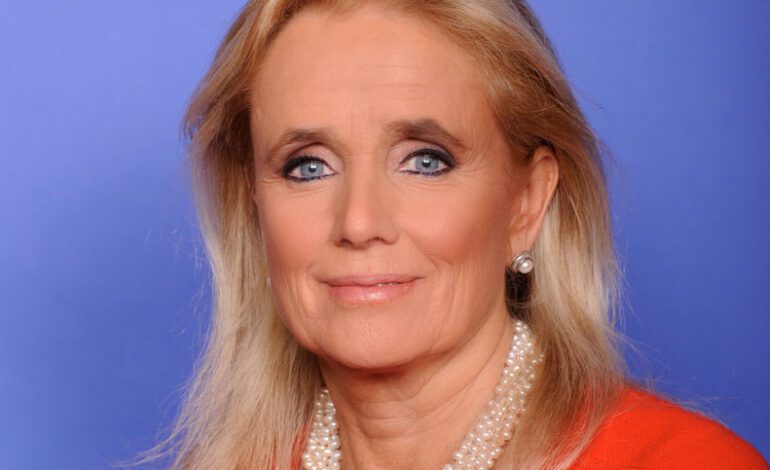WASHINGTON – On Thursday, U.S. Rep. Debbie Dingell (D- Ann Arbor), Senator Bob Casey (D-PA) and U.S. Rep. Jamaal Bowman Ed.D. (D-NY) introduced the HCBS Access Act to make HCBS a mandatory benefit within Medicaid and ensure eligible older adults and people with disabilities have the option to choose between home care and institutional care. The HCBS Access Act would also strengthen the caregiving work force, providing respite for family caregivers, creating jobs and revenue, and increasing wages for home care providers.
The Senate legislation is co-led by Senators Maggie Hassan (D-NH), Sherrod Brown (D-OH) and Tim Kaine (D-VA).
“Caregiving is the foundation of our economy,” Dingell said. “It allows for all other work to be possible. We know that the majority of elderly people and individuals with disabilities would prefer to receive care in their homes, where they can maintain an independent life and remain engaged in their communities. No one should have to sit for years on a waiting list to get the care they deserve, and caregivers shouldn’t have to live in poverty to do their critical work. As many know, this is deeply personal for me – I was lucky to have my husband John receive care at home, but many others do not have the same opportunity. The HCBS Access Act would significantly improve our broken care system by clearing waiting lists and ensuring more people can access home care, strengthening wages and support for home care workers and providing family care givers with much needed relief.”
“The caregiving crisis in this country leaves millions of seniors and people with disabilities without a meaningful choice of where they can receive essential, life-sustaining care,”Casey said. “It corners many family caregivers into upending their careers and living on poverty wages or performing unpaid work because they have no other options. This is not the way that a great nation treats seniors and families.”
“Everyone should have the right to age in place and thrive in their own home and community,” Bowman said. “And it is simply a scandal that in the wealthiest nation on the planet, older adults and people with disabilities cannot access affordable home care.”
People eligible for Medicaid long-term services and supports (LTSS) are offered immediate access to nursing homes or other institutional settings. However, if they want to remain in their homes with the help of Medicaid HCBS, they are often put on a waiting list and can wait years or even decades for direct care services as Medicaid will not pay for home care unless a waiver has been granted. Because so many people are on waiting lists for Medicaid HCBS, most long-term care is provided by family, and most family caregivers are unpaid. The average family caregiver spends over a quarter of their income on caregiving activities and many must forgo promotions or work reduced hours in order to provide care.
The HCBS Access Act is designed to ensure eligible older adults and people with disabilities have a real choice of care and support options between home care and institutional care. The bill would, over time, eliminate HCBS waiting lists and the need for states to repeatedly apply for HCBS waivers. Specifically, the bill would:
- Increase Medicaid funding for home- and community-based services;
- Provide grant funding for states to expand their capacity to meet the needs of people who prefer HCBS;
- Make steps to improve the stability, availability and quality of direct care providers to help address the decades-long workforce shortage crisis;
- Provide states with resources so that caregiving workers — who are disproportionately women of color — have stable, quality jobs and a living wage;
- Provide training and support for family caregivers; and
- Create better evaluation measures to assess the quality of HCBS being provided
Dingell previously introduced the Better Care Better Jobs Act with Senator Casey to enhance Medicaid funding for home care, strengthen the caregiving workforce, improve quality of life for families and boost the economy by creating good paying jobs to make it possible for families and workers alike to thrive.






Leave a Reply